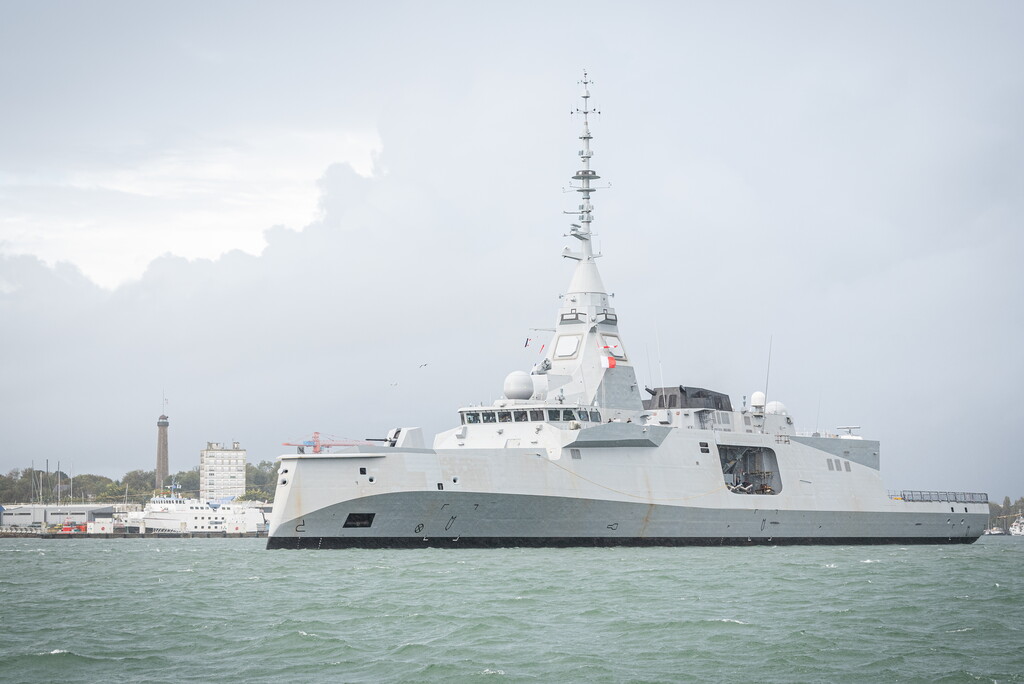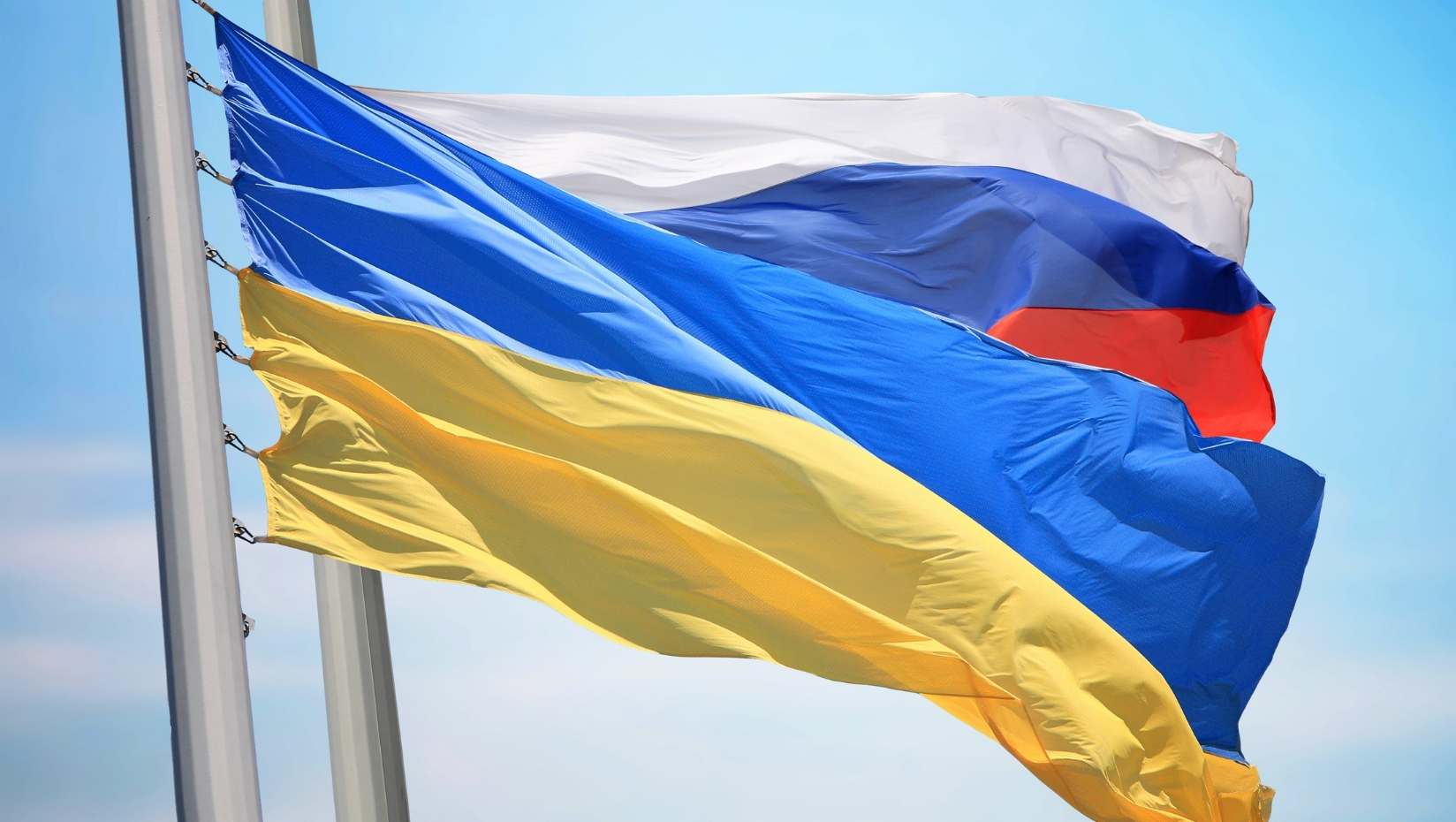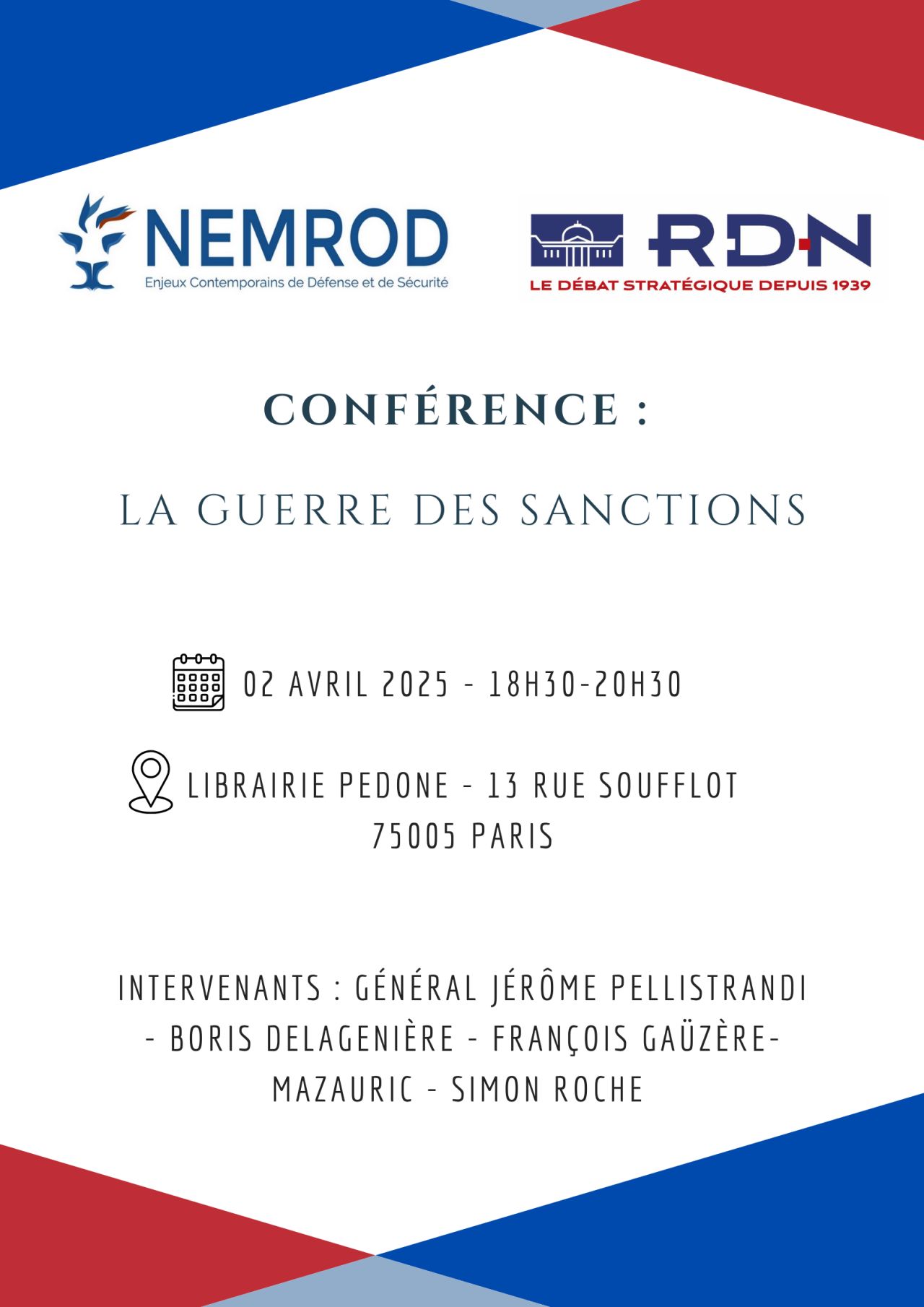Repeated failures in attempts to modernise North Korea are a direct consequence of the rigidity and security paranoia of the regime there, acting as major disincentives to potential investors. It is these same factors, aggravated by American inflexibility, which make the six-party negotiations on eliminating Pyongyang’s nuclear weapons so ineffective. In a rather more calm approach than that of Western countries, China favours patience and negotiation in the attempts to slow North Korean and Iranian proliferation. Knowing how difficult it is to manage time and how dangerous to hurry events, China is addressing the control of its strategic environment in the Middle East and North-East Asia. Ever prudent, it is giving itself the capacity to protect its strategic approaches to the east and its land-based energy supply lines to the west.
China and North Korea: control of the strategic environment, and patience
‘Space is man’s field of power,
time that of his impotence.’
Spinoza
It was more than a week before the Chinese media realised on 18 January that the enigmatic North Korean leader Kim Jong Il was in China, initially in the south, then in Beijing. The rumour, at first denied by a Chinese government spokesman, was started on 10 January by a despatch from the South Korean press agency Yonhap, citing an anonymous source in the South Korean intelligence services. As is his habit, Kim Jong Il travelled in his heavily-guarded special train, giving the trip an air of the Cold War—reminiscent of spy novels of the 1950s. The Chinese media reports were terse and run-of-the-mill, showing him as the head of a somewhat reduced official delegation,(1) shaking hands with Chinese leaders and wearing the same old beige jacket, amazing headdress and absent-minded look.
The strange, secret voyages of Kim Jong Il
Il reste 93 % de l'article à lire







